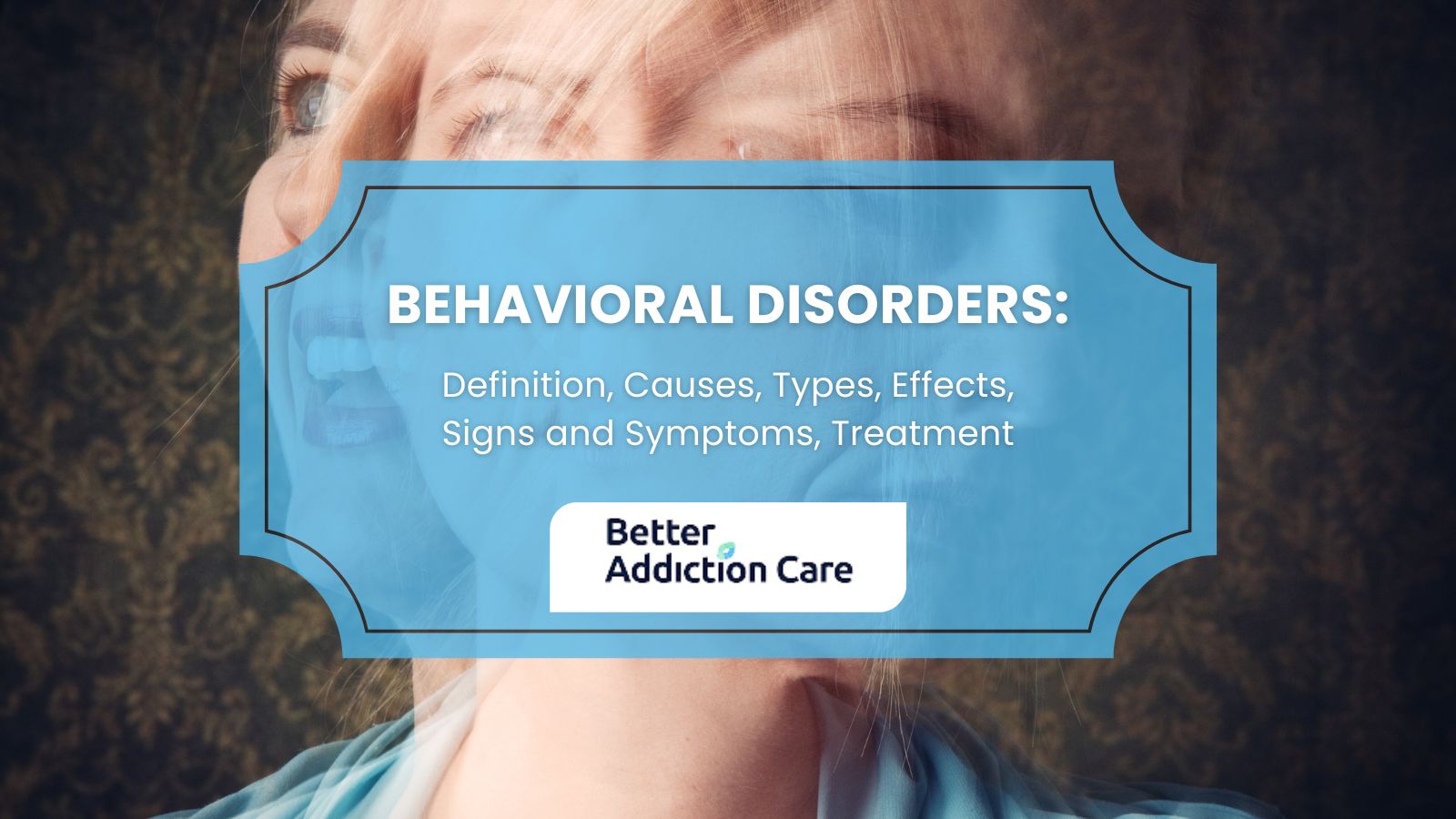
Overview
Ennis Center for Children - Ennis Counseling Center is a mental health treatment center for people seeking treatment near Monroe County. As part of their treatment modalities for recovery, Ennis Center for Children - Ennis Counseling Center provides couples/family therapy, group counseling, and cognitive behavioral therapy during treatment. Ennis Center for Children - Ennis Counseling Center is located in Monroe, Michigan, accepting cash or self-payment for treatment.
Ennis Center for Children - Ennis Counseling Center at a Glance
Payment Options
- Cash or self-payment
- Medicaid
- Medicare
- Private health insurance
- State welfare or child and family services funds
Assessments
- Comprehensive mental health assessment
Age Groups
- Seniors or older adults
- Young adults
- Children/adolescents
- Adults
- Seniors
Ancillary Services
- Intensive case management
- Case management service
- Court-ordered outpatient treatment
- Suicide prevention services
- Therapeutic foster care
Highlights About Ennis Center for Children - Ennis Counseling Center
6.65/10
With an overall rating of 6.65/10, this facility has following balanced range of services. Alcohol Rehabilitation: 8.00/10, Drug Rehab and Detox: 6.00/10, Insurance and Payments: 6.00/10, Treatment Options: 6.61/10.-
Alcohol Rehabilitation 8.00
-
Treatment Options 6.61
-
Drug Rehab and Detox 6.00
-
Insurance and Payments 6.00
Treatment At Ennis Center for Children - Ennis Counseling Center
Treatment Conditions
- Mental health treatment
Care Levels
- Outpatient
Treatment Modalities
- Couples/family therapy
- Group counseling
- Cognitive behavioral therapy
- Dialectical behavior therapy
- Activity therapy
Ancillary Services
Special Programs
- Clients with co-occurring mental and substance use disorders
- Veterans
- Active duty military
- Members of military families
- Criminal justice (other than DUI/DWI)/Forensic clients
Contact Information
Read our Most Recent Article About Drug Addiction
DISCLAIMER: The facility name, logo and brand are the property and registered trademarks of Ennis Center for Children - Ennis Counseling Center, and are being used for identification and informational purposes only. Use of these names, logos and brands shall not imply endorsement. BetterAddictionCare.com is not affiliated with or sponsored by Ennis Center for Children - Ennis Counseling Center.








